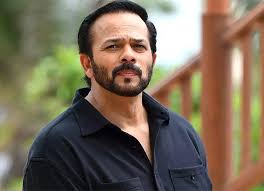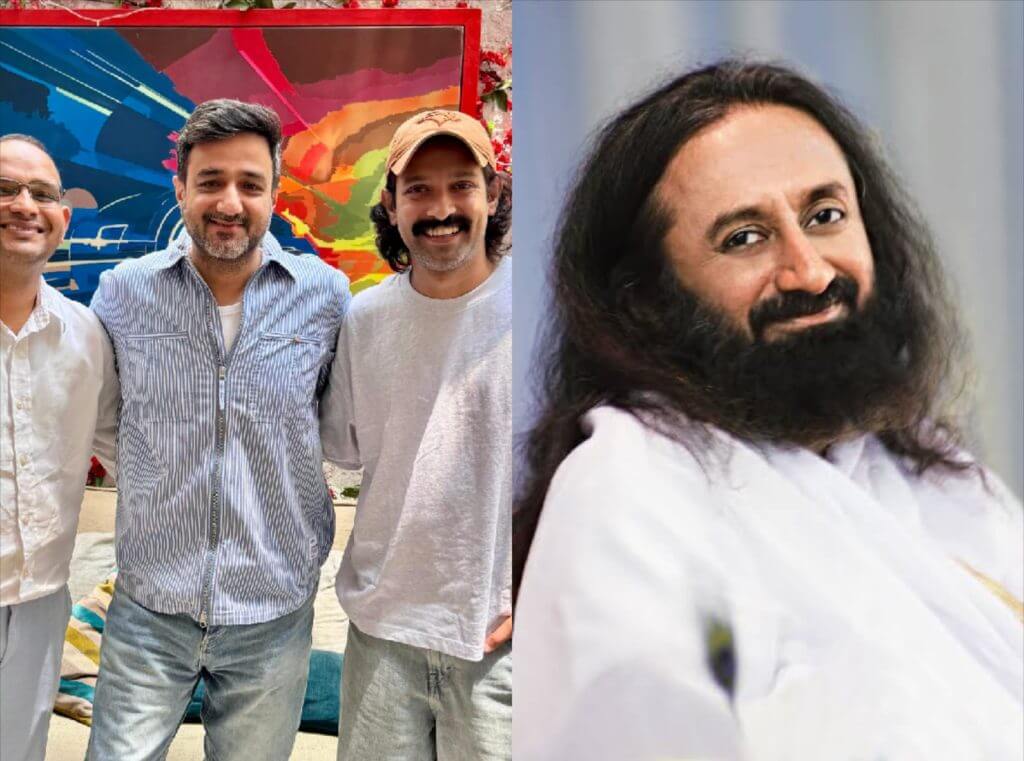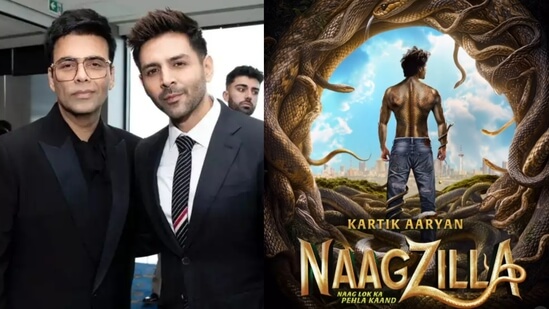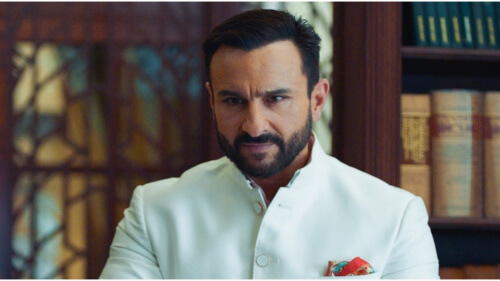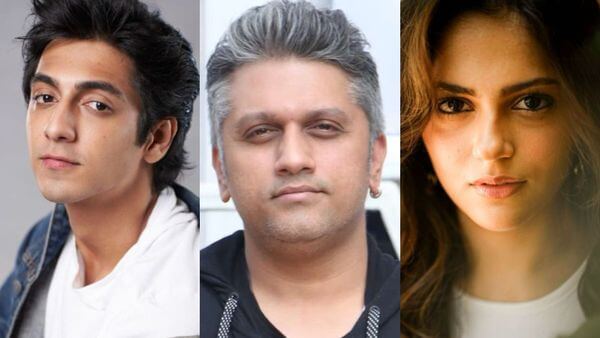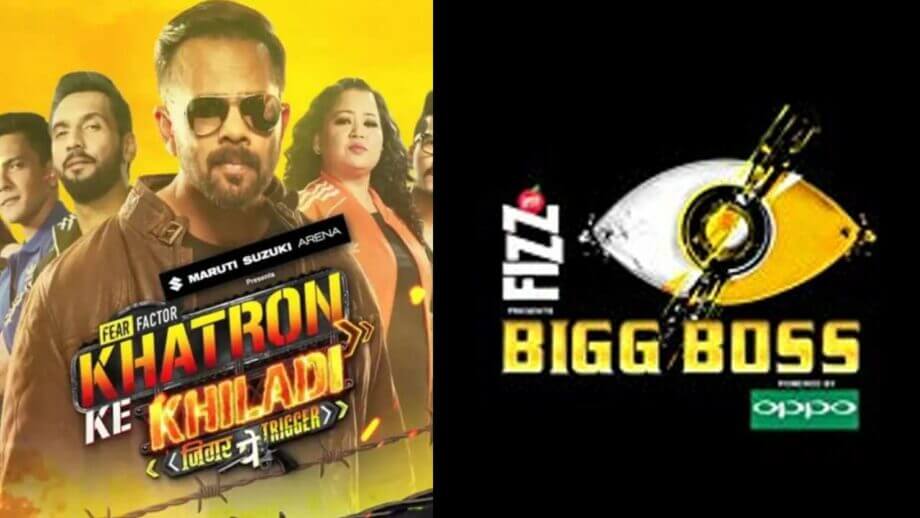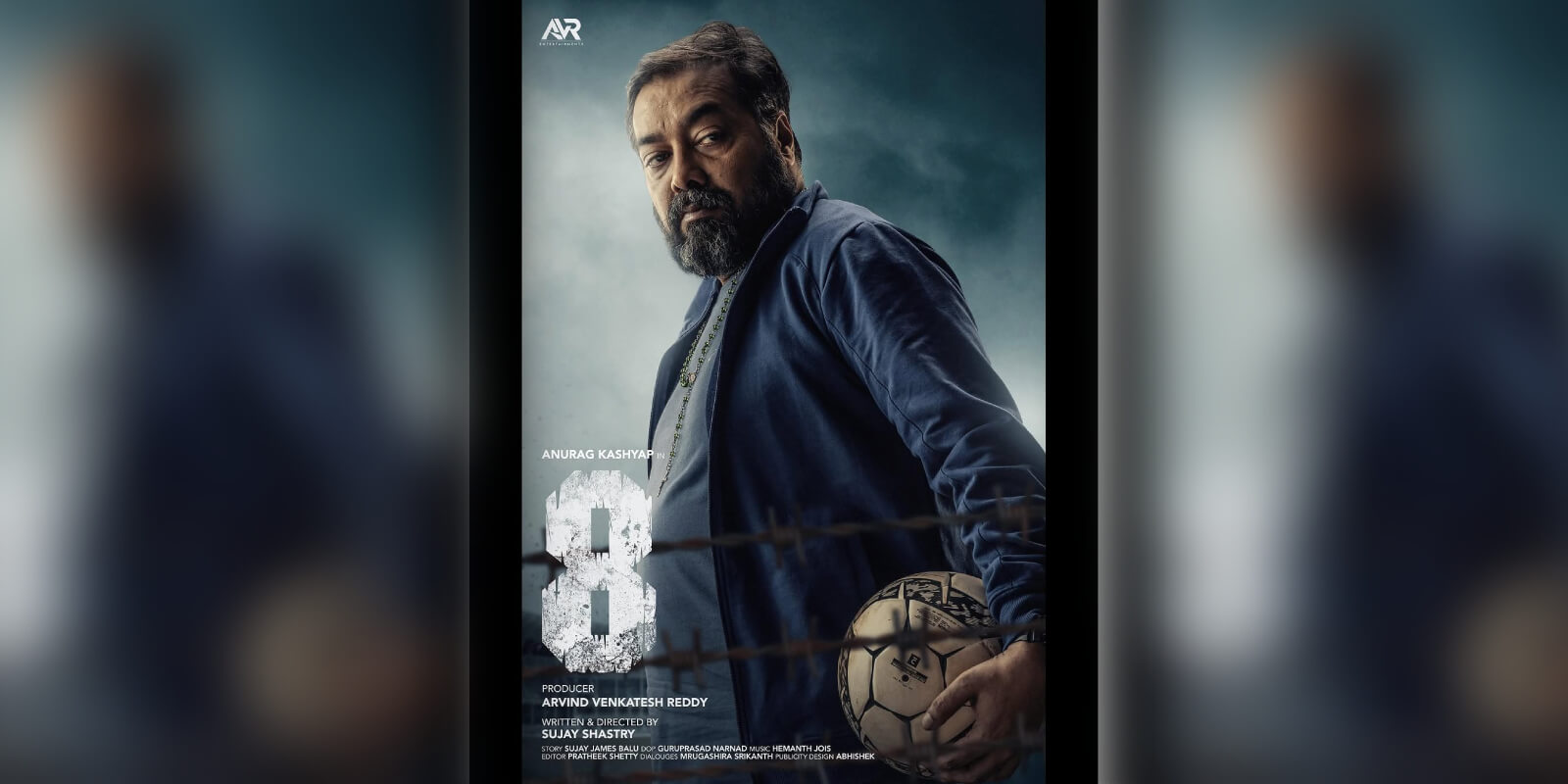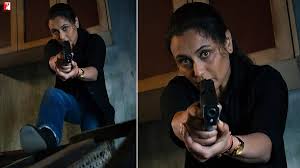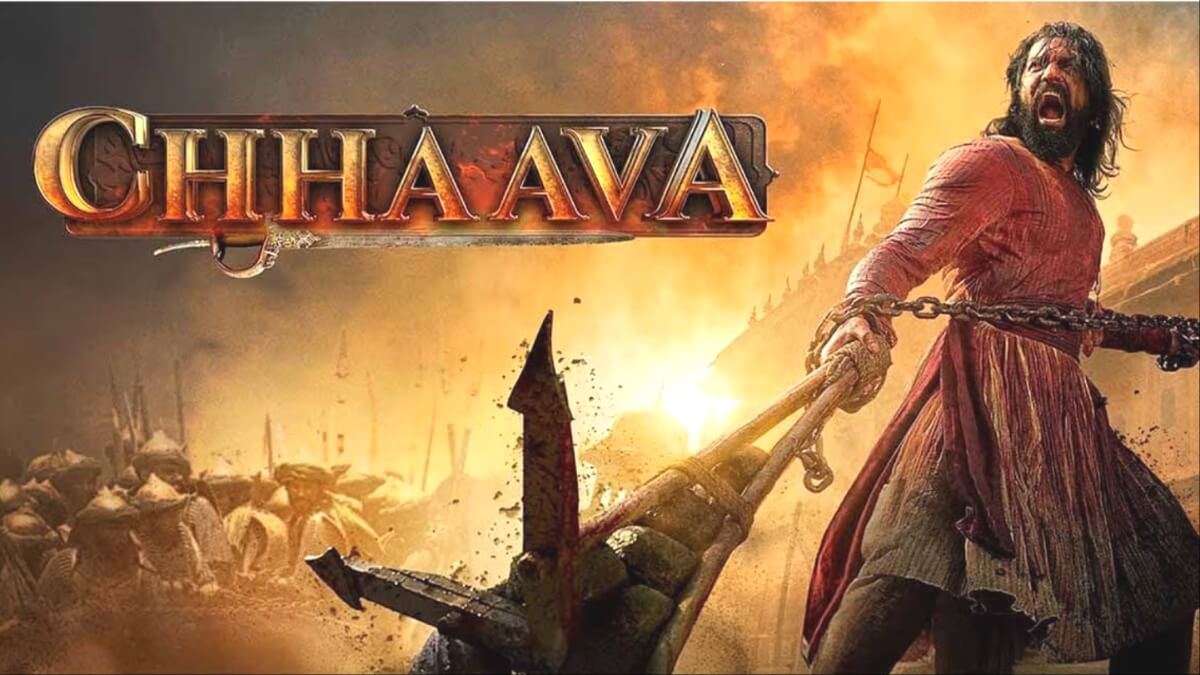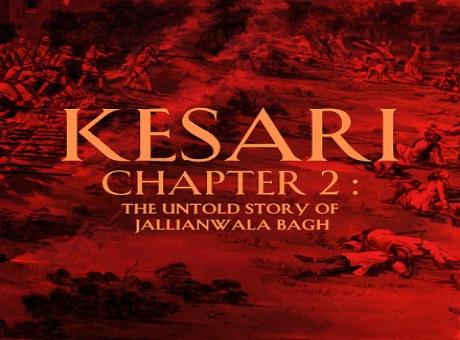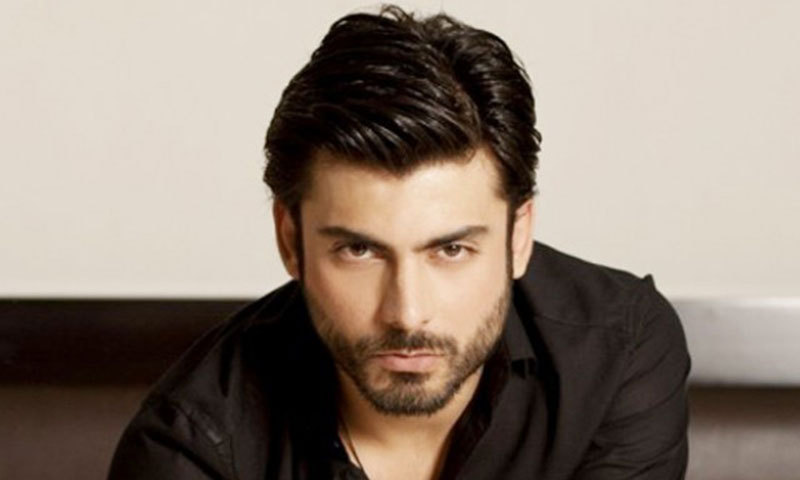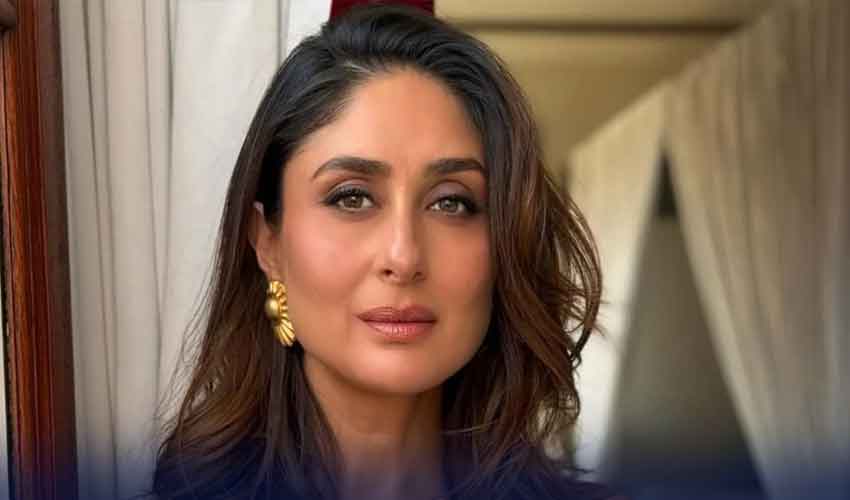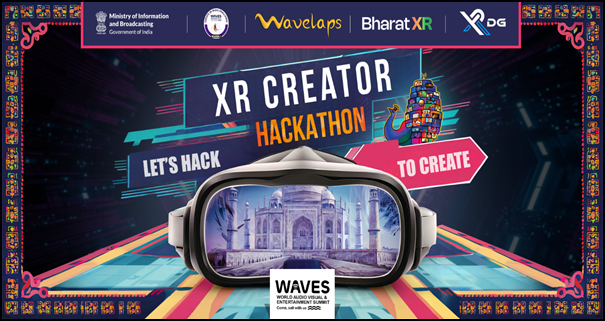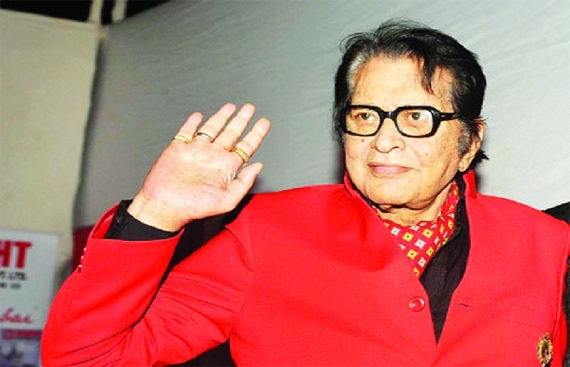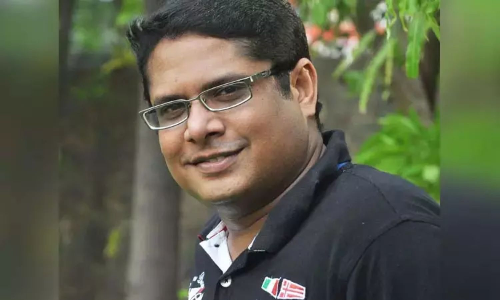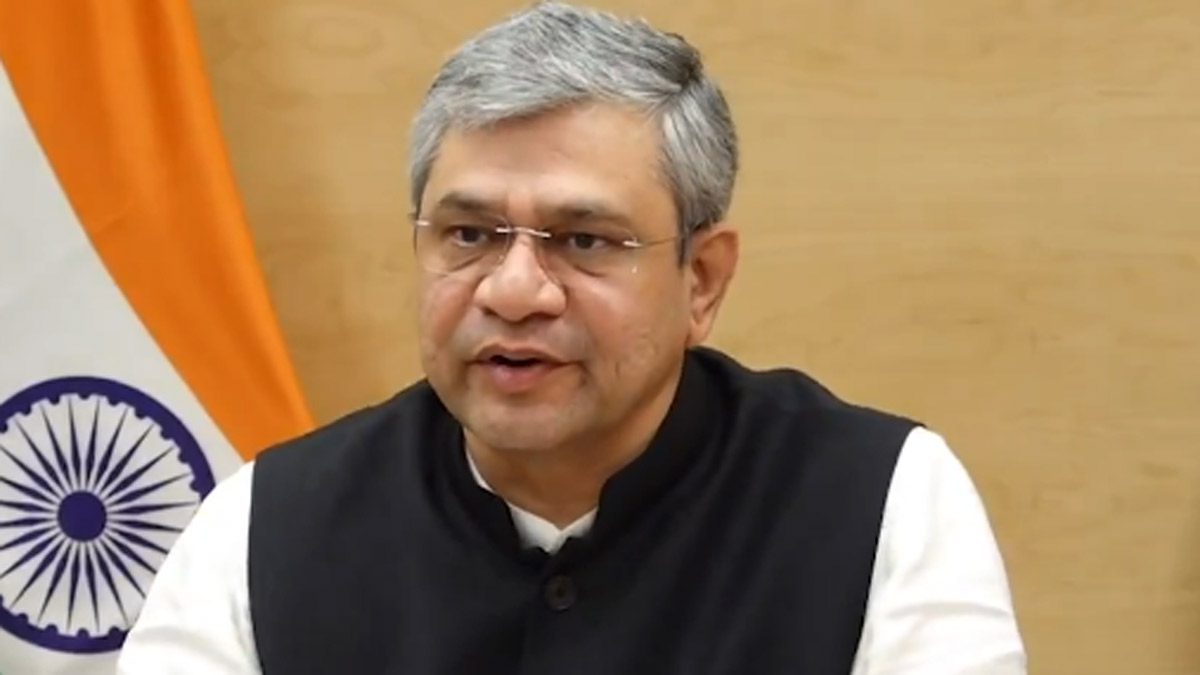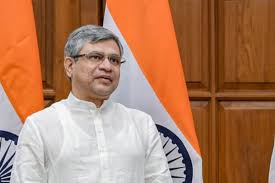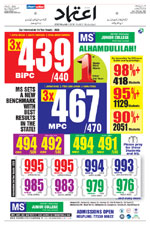Sarkar 3 movie review: Amitabh Bachchan leads a dysfunctional family to trouble
Fri 12 May 2017, 21:32:18
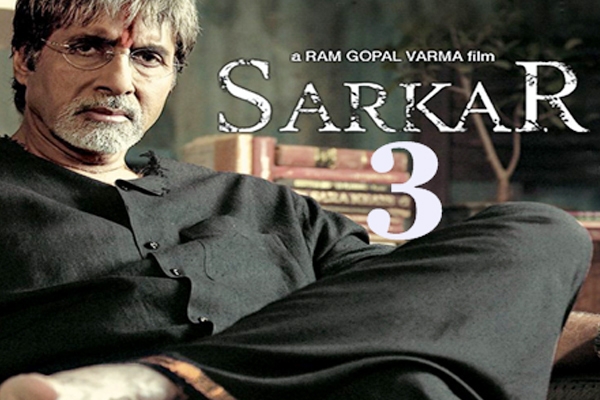
Sarkar 3
Cast: Amitabh Bachchan, Manoj Bajpayee, Amit Sadh, Yami Gautam, Ronit Roy, Jackie Shroff
Director: Ram Gopal Varma
Rating: 2.5/5
Real power is not about fear, it comes out of respect.
Sarkar 3, the third film in the Sarkar (2005) franchise, opens with a typical Ram Gopal Varma punch line, giving us hopes of him returning to his comfort zone and top form.
Subhash Nagre (Amitabh Bachchan) is still bossing around, but there is a slight change in his style and modus operandi. But unlike Sarkar 1 And 2, he has started to react more to the people around him. It's a graceful shift to a character that understands the delicate relationship between politics and democracy. He still slurps tea, talks with long pauses and makes guests uncomfortable by not looking in their eyes.
His dimly-lit room has Shankar's (Abhishek Bachchan), his dead son, framed photo, but the house looks more under the shadow of his other son Vishnu's (Kay Kay Menon) death. Menon was so effective in the original that even his absence screams of a conspiracy around Sarkar.
A pattern evolved in Subhash Nagre's behaviour and RGV's direction by the end of Sarkar Raaj (2008). Those who will be benefitted by Nagre's death join hands only to realise that eliminating foes is very high on Nagre's agenda as well. What restricts Nagre from going full throttle is the presence of a family member on the other side.
This time, it's Chiku (Amit Sadh), Vishnu's son, whose character's ambiguity is giving Nagre sleepless nights. Gokul (Ronit Roy), Nagre's trusted lieutenant, is wary of Chiku's friends Annu (Yami Gautam) and Sir (Jackie Shroff), but this isn't the first time the Nagre household is witnessing such conspiracies.
Now, all we wait for is the beginning of bloodbath.
And the person expected to trigger it is a gem of an actor. Manoj Bajpayee wins hearts in his very first scene as the conniving politician Deshpande who mimics Nagre at a public meeting.
But what is a Varma thriller without shocks!
Manoj Bajpayee makes himself noticed despite an army of actors.
Soon all the important characters get so interlinked that it becomes difficult to figure out who's on whose side. The only thing crystal clear is that Nagre's life is under severe threat.
It's a familiar set-up. You can also foresee some of the twists, but deep down your heart,
you still want Subhash Nagre to go back to his original shelf. The guy we loved as Bollywood's Godfather in first two films was the perfect blend of emotional and detached. He didn't believe in expressing his inner thoughts, but managed to portray a positive picture. Being verbose wasn't his manner.
you still want Subhash Nagre to go back to his original shelf. The guy we loved as Bollywood's Godfather in first two films was the perfect blend of emotional and detached. He didn't believe in expressing his inner thoughts, but managed to portray a positive picture. Being verbose wasn't his manner.
Bachchan's dialogue writers make a mistake here. They have given him very superficial lines. He keeps repeating lines such as 'jaan se maar dunga' and 'main naatak kar raha tha' which eventually dilutes the essence of him being a miser with words. It hampers his gravitas.
RGV has shown tremendous faith in Amit Sadh.
The screenplay presents other flaws. Sarkar also worked because Rashid's (Zakir Hussain) intensity forced Nagre to up his game. Here, he lacks such challenges. Jackie Shroff, his biggest nemesis, is more funny than evil. But his character has an interesting curve. His weirdly-worded banters with his young girlfriend provide the much needed comical relief. However, it comes at the cost of making the whole scheme look non-serious.
Amol Rathod's camera work seeks inspiration from Amit Roy, but lacks finesse. Oddly placed props make some of the scenes bizarre as you keep looking at them rather than focusing on the characters. For example, Nagre's drawing room has a small stuffed toy tiger which is strangely placed on the frame. In another scene, Yami Gautam sits on a chair in front of others just because the person behind her can lean on her. Her chair is directly in between the TV and the sofa. I don't know who watches TV like that? And mind you, it's a room with ample space. Sarkar's success relies on Amitabh Bachchan's charisma, and he knows his character by heart. Despite over-chewed dialogues in the opening sequence, he holds our attention. The same can be said about Ronit Roy who sparkles in an emotional confrontation with Nagre. These occasions are rare though. Most of Sarkar 3 is a remake of Sarkar. Nagre is still dealing with absolutely similar problems in absolutely similar manners. But there is one good thing about Sarkar 3. RRam Gopal Varma is a step closer to regain his touch. Veerappan showed he is not out of the game, and Sarkar 3 suggests he is on a comeback. He should also be lauded for a great ensemble cast. Sarkar 3 has enough moments to make you revisit the earlier films. That's both good and bad. Good because you still love Sarkar, and bad because it won't let you love Sarkar 3.
No Comments For This Post, Be first to write a Comment.
Most viewed from Film & TV
Most viewed from Entertainment
AIMIM News
Latest Urdu News
Most Viewed
May 26, 2020
Do you think Canada-India relations will improve under New PM Mark Carney?
Latest Videos View All
Like Us
Home
About Us
Advertise With Us
All Polls
Epaper Archives
Privacy Policy
Contact Us
Download Etemaad App
© 2025 Etemaad Daily News, All Rights Reserved.


